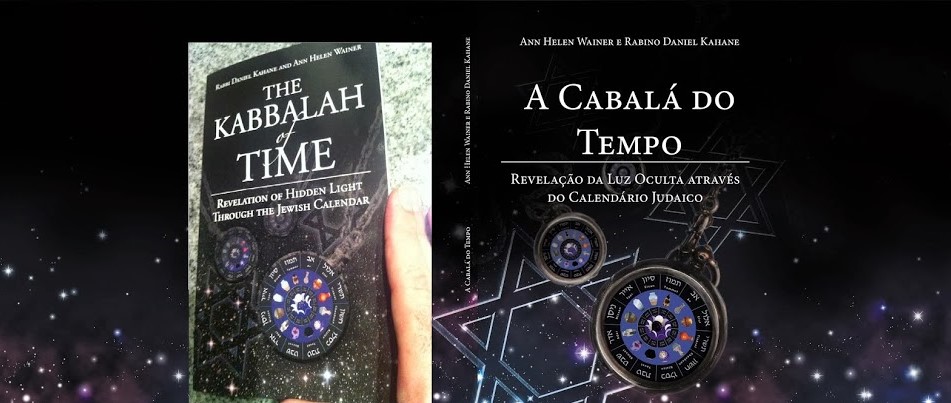The wolf is saying, "For
every matter of iniquity, for the ox, the donkey, the lamb, the garment, for
every lost item which he says, 'This is it,' the matter of both of them shall
come before the judge; he who the judge finds guilty shall pay double to the
other." (Exodus 22:8)
Rabbi Eliezer the son
of Yaakov would say: He who fulfills one mitzvah, acquires for himself
one angel-advocate; he who commits one transgression, acquires against himself
one angel-accuser. Repentance and good deeds are as a shield against
retribution.
Hod shebeYesod (glory
and gratefulness within the context of foundation and firmness)
In week forty, still in the beginning of the month of Tammuz,
the wolf sings in Perek Shirah that for every matter of crime - upon
the ox, donkey, sheep, clothes or any lost time for which there is a dispute -
the cause of both parties shall come before the judge, and the one whom the
judge finds guilty shall pay double to the other.” (Exodus 22:8)
The song of the wolf has a very strong connection with
Reuven. As explained in the previous week, Reuven had lost the double portion
that was his right as a firstborn because of a mistake he made by moving the
bed of one of Jacob's concubines. On another occasion, when Jacob refused to
let his children take Benjamin to Egypt, Reuven said that if he personally did
not bring Benjamin back, he would be willing to give up his two sons. This
would amount to a double loss.
The wolf is the symbol of the tribe of Benjamin, who in
turn, is also closely connected to the song of the wolf. After arriving in
Egypt, Benjamin is accused of theft by the viceroy (Joseph).
Of all of Jacob’s children, Benjamin is also the one most
connected with the Land of Israel, because he was the only one who was born
there.
The wolf’s song also contains a very interesting parallel
with the conquest of the Land of Israel. Rashi’s first comment in the
Torah explains why the Torah begins with the creation of the world and not with
the first mitzvah, of blessing the new moon, which was given at the time
of our departure from Egypt. Rashi explains that when the nations of
the world accuse us of being “thieves," claiming that we are
"stealing" the land, we will respond saying that the world and all
that is in it belongs to G-d, and that it is He who determines what land to
give to whom.
Forty is related to the intensification of firmness and
stability of the number four. The number forty is also deeply related to the
concept of internalizing G-d’s eternal truth: the Torah. Forty is the number of
days and nights that Moses spent in Mount Sinai to receive the Torah. Forty is
also the number of years the Jews wandered in the desert, the number of days
and nights of the Flood, and the number of seah (unit of measurement)
of water required for a kosher mikvah.
In Pirkei Avot, the age of forty is associated with
understanding – it takes forty years to truly understand his master’s teaching.
Moreover, pregnancy is forty weeks long (the time in which an angel teaches the
fetus the entire Torah). Finally, the spies spent forty days scouting the Land
of Israel (from Rosh Chodesh Tammuz to Tisha B’Av, including
this very week).
In Perek Shirah, the wolf sings of the verdict for a
person who steals. It is known that the Flood only began after people began to
steal. The Flood also served as a mikvah to purify the world.
This week, the lesson in Pirkei Avot is found in
the words of Rabbi Eliezer the son of Yaakov, who teaches that he who does a mitzvah acquires
for himself a defender, and he who commits one transgression, acquires for
himself an accuser. Repentance and good deeds are like a shield against
retribution (punishment). (IV: 11) Pirkei Avot’s lesson is closely linked
to thievery, a transgression that brings about an accuser. At the same time, it
is also linked to the month of Tammuz and the tikkun of
sight. It is important to look favorably upon the other and upon their
possessions. Often jealousy is what leads to theft. We should also look
favorably upon people, in order to serve as good defenders. We also see here
the theme of teshuvah, closely connected with the tribe of Reuven.
The combination of sefirot results in hod
shebeyesod, glory and gratefulness within the context of foundation and
firmness. This week we should be thankful, dedicated, and grounded in our moral
ways. The lesson in self-improvement we learn from the wolf is that we cannot
give in to corruption. We must stand strong in order that justice and truth
prevail over falsehood.

No comments:
Post a Comment